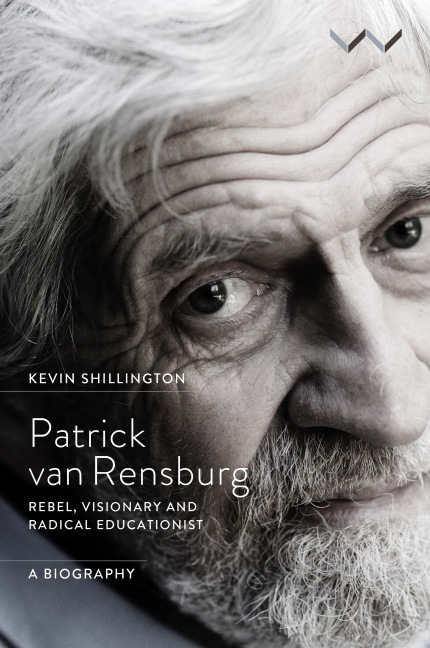Book contents
- Frontmatter
- Dedication
- Contents
- Acknowledgements
- Abbreviations and Acronyms
- List of Illustrations
- Maps
- Introduction
- 1 Origins and Identity in South Africa
- 2 An Anglophone South African, 1936–1948
- 3 The Making of an Afrikaner, 1949–1953
- 4 Diplomat and Rebel, 1953–1957
- 5 Anti-Apartheid Activist, 1957–1959
- 6 Boycott, 1959–1960
- 7 Into Exile, 1960–1961
- 8 Return to Africa, 1961–1962
- 9 The Founding of Swaneng Hill School, 1962–1963
- 10 Challenging ‘The Ladder to Privilege’, 1963–1965
- 11 The Alternative Educationist, 1965–1967
- 12 Expansion and Replication, 1967–1969
- 13 Time of Crisis, 1969–1971
- 14 Education with Production, the 1970s
- 15 Foundation for Education with Production and Spreading the Word, the 1980s
- 16 Education with Production and South Africa, the 1990s
- 17 Return to Botswana
- Epilogue
- Notes
- Bibliography
- Index
9 - The Founding of Swaneng Hill School, 1962–1963
Published online by Cambridge University Press: 10 September 2020
- Frontmatter
- Dedication
- Contents
- Acknowledgements
- Abbreviations and Acronyms
- List of Illustrations
- Maps
- Introduction
- 1 Origins and Identity in South Africa
- 2 An Anglophone South African, 1936–1948
- 3 The Making of an Afrikaner, 1949–1953
- 4 Diplomat and Rebel, 1953–1957
- 5 Anti-Apartheid Activist, 1957–1959
- 6 Boycott, 1959–1960
- 7 Into Exile, 1960–1961
- 8 Return to Africa, 1961–1962
- 9 The Founding of Swaneng Hill School, 1962–1963
- 10 Challenging ‘The Ladder to Privilege’, 1963–1965
- 11 The Alternative Educationist, 1965–1967
- 12 Expansion and Replication, 1967–1969
- 13 Time of Crisis, 1969–1971
- 14 Education with Production, the 1970s
- 15 Foundation for Education with Production and Spreading the Word, the 1980s
- 16 Education with Production and South Africa, the 1990s
- 17 Return to Botswana
- Epilogue
- Notes
- Bibliography
- Index
Summary
Patrick Duncan had written ahead to the Clutton-Brocks at Radisele and Patrick and Liz were expected. They were welcomed that night by Arthur and Deirdre Stanley, who showed them to the guest rondavel and offered them a meal. Guy and Molly were away for a few days and in the interim they got to know the Stanleys and the work of the Bamangwato Development Association.
The Stanleys were in charge of the overall management of the settlement and seemed fairly fluent in Setswana. Liz made a start on trying to teach herself the language, while Patrick, not expecting to stay in Bechuanaland for more than a year or two, declined to make the effort. It was something he was to regret later. In due course he developed some understanding of the language, but never spoke it fluently.
Guy returned at harvest time and went out each day to work with the men and women of the community. Patrick joined them in the ‘tedious and tiring work of harvesting and threshing a sadly meagre crop’. In the evening they would gather round an open fire and the fifty-six-year-old Guy would talk of his experiences and how he had come to respect the African decision-making process, where the people ‘sit in the shade under a tree and talk until they agree’.
He was something of a father figure to this pair of young idealists keen to become involved in African development, and he offered Patrick and Liz two pieces of invaluable advice. He said it would be a pity if they founded ‘just a school’, insisting that it would be ‘so much more useful to Bechuanaland if it could be a farm-school – or at least productive in some way’. This was very much in line with the ideas and images that had been freewheeling in Patrick's mind since he and Liz had left Cairo in February.
Guy went on to recommend that they start by teaching in a local primary school in Serowe for some months. This would give them the chance to understand the pupils as well as the teachers and the system of primary education in the country. Patrick was grateful for this wise advice, ‘and took it all on board’.
- Type
- Chapter
- Information
- Patrick van RensburgRebel, Visionary and Radical Educationist, a Biography, pp. 125 - 140Publisher: Wits University PressPrint publication year: 2020

